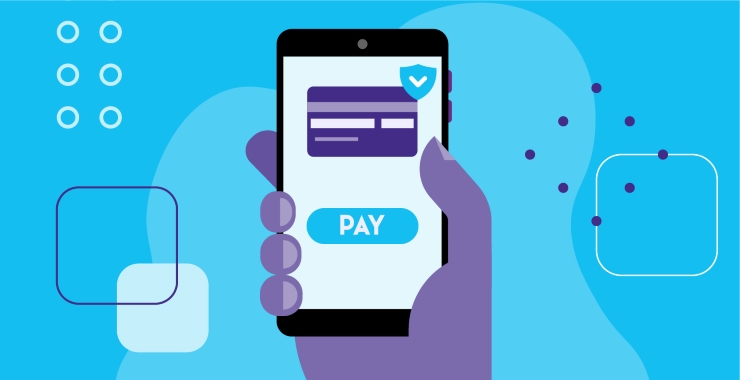Buying a car on your own involves a lot of thought and effort. A vehicle loan is the appropriate financial instrument for funding the purchase of an automobile. It enables you to buy a car of your choice and pay for it in monthly installments. You can select the payback period and EMI amount, and you’re ready to start. It’s crucial to remember, too, that assets like vehicles depreciate with time. As a result, keeping track of your car loan is as critical as keeping track of your vehicle. Here are a few helpful hints to assist you to get through the vehicle loan payback process:
Set out a budget
It is a time-honored concept to always create a budget before making a purchase, and getting a car loan is no exception. Begin by making a budget for your daily and necessary needs, leaving some money aside for unforeseen expenses. Take into account these aspects, as well as the expenditures you’ll spend once you’ve purchased the vehicle for which you’re taking out the loan. This means you’ll have to budget for things like gas, vehicle insurance, and regular maintenance in the future.
This allows you to better plan for the months ahead. Also, be sure that your EMI does not exceed 15% of your monthly net income. This way, you’ll be able to maintain your money while paying your EMI.
Make a considerable down payment
Starting early is the best way to alleviate any looming load. When applying for a car loan, this is also helpful. Long-term benefits come from making a higher down payment, even if it comes from your own finances. It eliminates the need to apply for a larger loan, and a larger down payment minimizes the amount of debt owed. Furthermore, a reduced debt makes repaying the loan easier. Making a substantial down payment offers the added benefit of motivating you to pay off the debt faster, allowing you to better manage your auto loan.
Choose a shorter tenure
Another sensible strategy for managing your auto loan is to opt for a shorter payment period. Banks that provide lending facilities usually charge lower interest rates for loans of a shorter duration. This would also mean that you’d have to pay a higher EMI. But you’d be relieved of the burden of a long-term loan in a shorter amount of time. Paying off the debt as quickly as possible relieves you of the loan and gives you a greater sense of ownership over the car you just bought! If a longer repayment term appears to be more appropriate. The benefit includes a lower EMI amount to be paid over a longer period of time.
Be punctual with EMIs
The EMI must be paid on a consistent basis. Paying your EMI on time can help you get closer to fully owning your dream car while also preserving your credit score. If you miss or postpone an EMI payment, interest will accrue until your next repayment date, potentially causing a budget problem. This not only increases the amount owed but also increases the danger of your lender losing faith in you.
Making on-time EMI payments increases your credit score with banks, resulting in faster loan processing and payout in the future. Your commitment pays you not only now, in the shape of a car you own or a debt that has been fully repaid, but in the future as well.
Consider debt Consolidation
We all go through periods of difficulty where achieving our daily obligations seems impossible. Furthermore, we may end up paying more than one EMI every month if we seek financial aid to meet a number of our necessities. It may also appear difficult to keep the total EMI amount payable every month under 50% of our monthly income. This could exacerbate the financial hardship that the loan was designed to alleviate in the first place.
If you’re currently paying EMIs on your prior loans and want to apply for a car loan. You might want to consider consolidating them all into one. It simplifies your computations, making loan payback as straightforward and painless as possible.
Keep in touch with your bank
A banking customer, particularly a borrower, must keep in touch with the lending bank on a regular basis. Another financial emergency may happen, requiring your urgent attention for a month or two, forcing you to defer your EMI payment. Read the vehicle loan agreement before signing it. It is essential to contact your bank and inform them of the situation. It increases your financial position and fosters mutual trust. The option of skipping an EMI and informing your bank ahead of time may help you get better guidance from your bank’s loan specialist. A discussion always leads to a solution.
Conclusion
With the aforementioned factors in mind, getting a car loan and keeping it up to date should be even easier than previously. Due diligence, the appropriate payment method, regular loan payback, and a suitable insurance plan, in combination with bank help, would enable you to manage your car loans with ease. Thanks to considerable technological advancements in the banking sector. You may now apply for loans online from the comfort of your own home.



